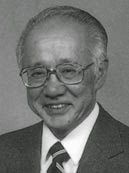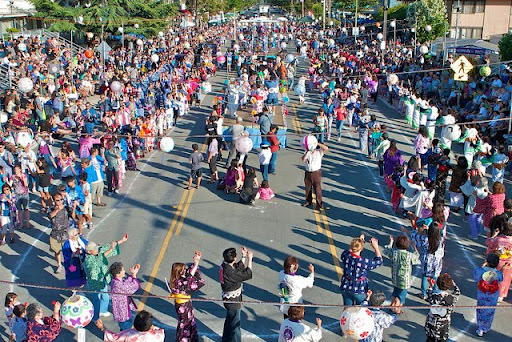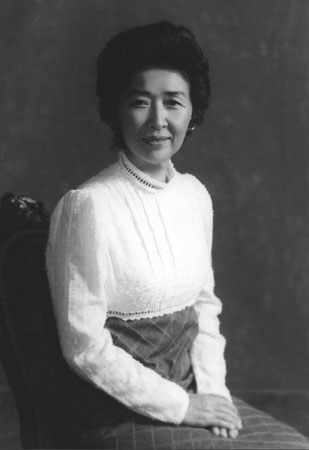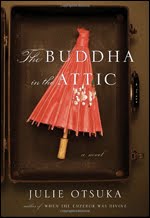Here’s another piece that’s been sitting in my draft box, waiting to be published. I was happy to see an interview by Jeff Wilson with Rev. Patti Usuki in this summer’s issue of Tricycle.
Rev. Usuki is a well-known Shin writer, and I was personally impressed by her book Currents of Change: American Buddhist Women Speak Out on Jodo Shinshu, which documents the attitudes of Shin Buddhist women who don’t quite fit the stereotypes of “insular ethnic Buddhists.” You can get a taste of her writing with this excerpt from the Tricycle interview.
Converts and newcomers to Buddhism outside of Asia sometimes have a tendency to dismiss Asian-Americans as “ethnic Buddhists” or “baggage Buddhists”—as people who do not seriously practice Buddhism. However, we have much to learn from many of these women who still reflect a generations-long internalization of the buddhadharma through their thoughts, words, and deeds. They themselves are often the first to humbly profess that they know nothing about the dharma, and yet many of them display an innate understanding of such tenets as dana [the practice of cultivating generosity] and interdependence in all that they do—and many show, through their outlook, a profound grasp of the spirit of the nembutsu. They have often made huge sacrifices so that the temples will prosper, enabling others to experience the Buddha, Dharma, and Sangha. And yet they have embraced change without stridency. We have to remember that through their life experiences—such as racial and religious discrimination and being put into internment camps during World War II—they understand suffering and impermanence, and they know the value of finding joy in whatever life dishes out. They keep moving forward, and their positive perspectives alone are a lesson to us all. Certainly, they know what it is to be marginalized by those with dualistic minds, but they know that the light of immeasurable wisdom and compassion shines on all without discrimination.
If you have a copy of the summer issue, you can find this paragraph tucked away in the back, across pages 105–106. I am a big fan of Rev. Patti’s writing, and I hope to be able to post more from her here in the future.





